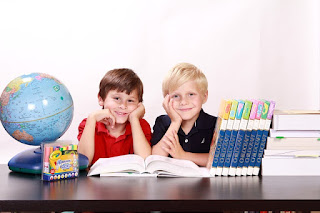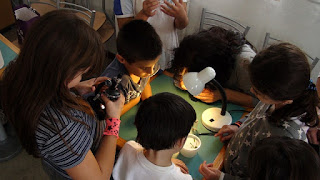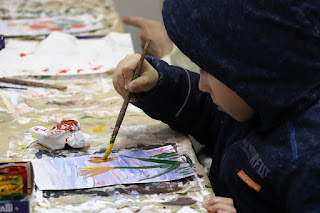How teaching and writing vocabulary words to your children is best for academic success

Teaching vocabulary words always make a great jumpstart for learning. Expanding your child's vocabulary can enhance their creativity in one way or another. For example, a large vocabulary will enable him or her to write a composition about any specific topic in a more easy-to-read way. Remember, words have always been the greatest tool to relay messages. Teaching vocabulary words has a way of inspiring and empowering individuals to be more creative. Furthermore, a great knowledge and vast selection of vocabulary words can mould your children toward optimal literacy. It is common knowledge that for lifelong success children require the love and guiding discipline of their parents. Again and again the society explains that it is practically impossible to grow into a confident, competent adult without wise supervision, although some amazing children manage to do it. Most often, children without positive, familial role models transition into adulthood as angry, disenchante...






